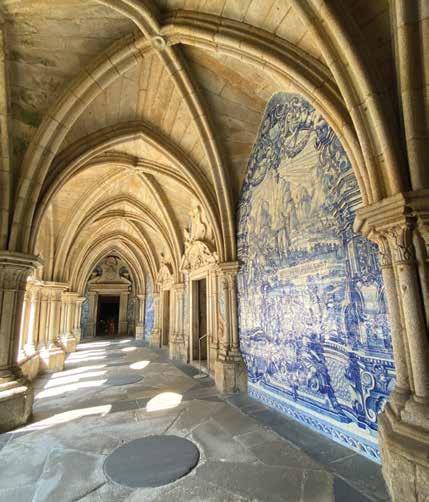
3 minute read
Raising the Cup
WORDS VICKI RAVLICH-HORAN
Only a year ago it was suggested that $7 flat whites were in our not-too-distant future, and while people appeared to be in disbelief, it does seem to be happening sooner than we all expected. So what does the ever-rising cost in the cup mean for coffee lovers? I caught up with Josie from Excelso Coffee to break down what really goes in your cup.
The NZ Specialty Coffee Association recently posted a great breakdown highlighting that coffee is a natural product that, like all things grown, will fluctuate in price due to many factors out of our control. From seed to cup, the journey of the coffee bean can take five years. With each step on that journey, from growing, harvesting, processing, shipping, storage, roasting, training, and brewing, there is a considerable amount of time, people and skill. With the impacts of climate change, inflation, a global pandemic and the war in Ukraine affecting supply chains, the costs at each one of the steps are rising. “The real question we should be asking,” Josie says, “is has coffee ever been correctly priced?” Josie points out that for this beloved bean to be sustainable the price needs to reflect the actual cost of getting your coffee to your cup. Josie aptly points out that the coffee industry is very similar to the wine industry in its processes and skills required, yet we don’t value them the same. “We wanted to make everything easy and accessible but perhaps in doing this we have under or devalued it [coffee],” muses Josie. Excelso have been roasting coffee for nearly 30 years. This local family-run business has seen the explosion of espresso and café culture in New Zealand, so I asked Josie if she is worried coffee will become unaffordable.
"Actually there has only been a slight decrease in people drinking coffees in our espresso bar,” says Josie. “And in saying that our bean sales have definitely picked up." We could attribute that drop in people ordering an espresso to the changing circumstances and habits more than price, after all, working from home is now the norm.
This doesn’t mean that the rising cost of your takeaway coffee and the general cost of living may affect people’s daily habits. The first thing budgeting experts attack is the daily coffee with their campaigns along the lines of “For the cost of just one coffee a day you can …” Yet this doesn’t faze Josie, who points out, “it is a lot more affordable to brew your own at home. You just need a little know-how and the right coffee, of course!” So if we take for granted you have some beautiful freshly roasted beans from Excelso, can you create just as good a coffee experience at home?
“It's more about understanding how you are brewing it,” says Josie. She goes on to explain that this means “knowing what flavours and style of coffee you love and which blend or origin is going to hit the mark. That's where we come in. Our team loves figuring out what it is that someone really wants when they say they want something ‘strong’.” When figuring out what coffee best suits you, how you are brewing said coffee needs to be part of the equation. Have you invested in an espresso machine at home or do you love a good old fashioned mocka pot? Then Josie says it’s about training. “We actually offer a free home barista course with our barista trainer when you purchase an espresso machine from us. We also have brewing and cupping workshops available for anyone wanting to learn more.”

LET’S BREAK DOWN THE COST OF MAKING YOUR COFFEE AT HOME
The following is based on making just one long black a day costing $4.50 from a café.
A 250g bag of coffee beans costing $15 will make around 12 coffees, based on 20g of beans per cup. That’s $1.20 a cup and a saving of $39. Enough money to buy you a great plunger or one cup filter. Over a year (based on just one cup a day) you would save close to $1,200. Enough to buy some fancy filter coffee equipment or well on your way to paying off an espresso machine.
Excelso Coffee 112 Third Avenue, Tauranga www.excelso.co.nz
IMAGE BRYDIE THOMPSON










